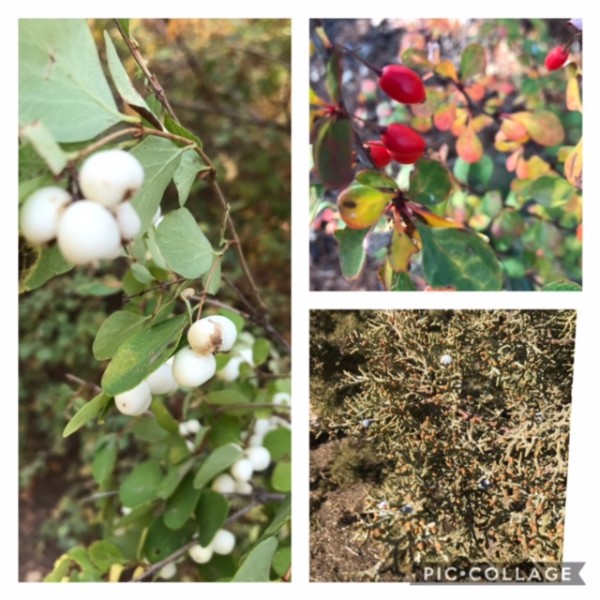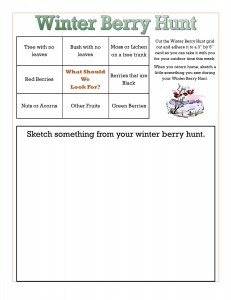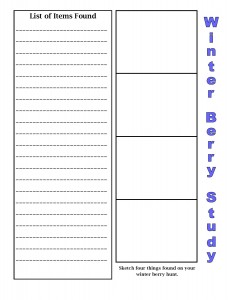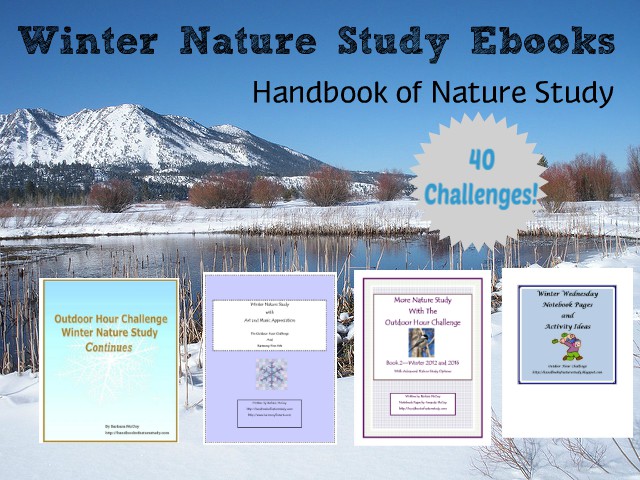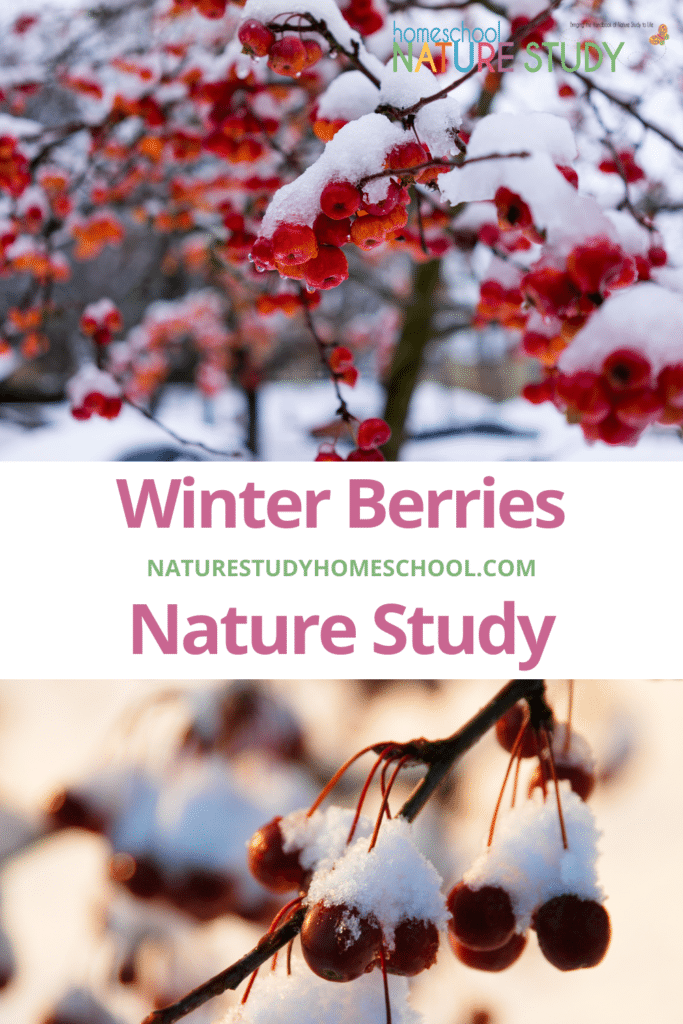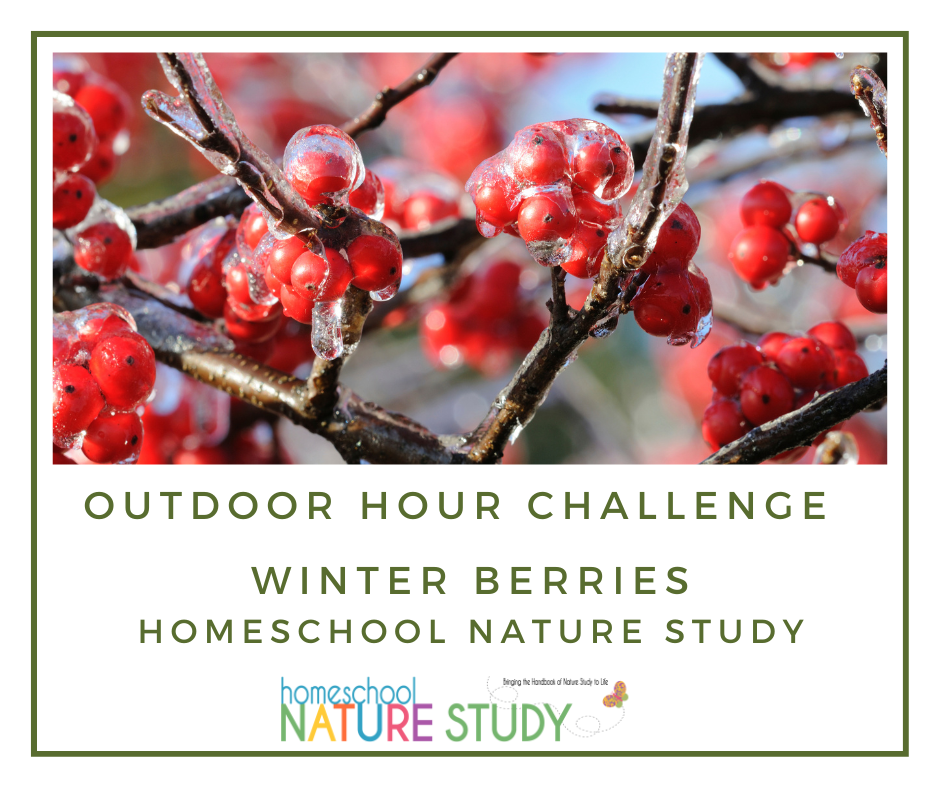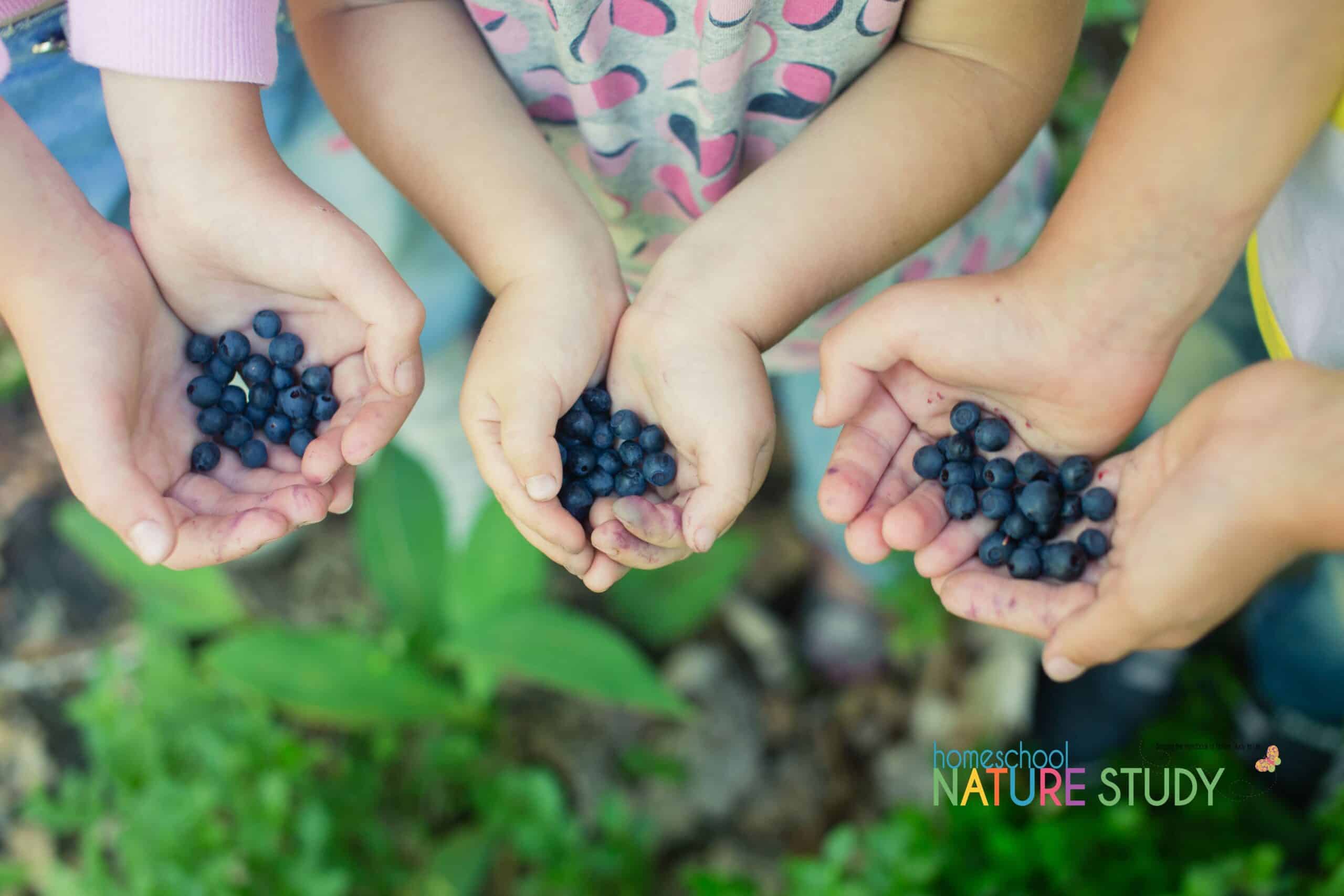
Creating an edible garden can make even the fussiest of kids happier! Tips for kids helping to grow edibles in the garden.
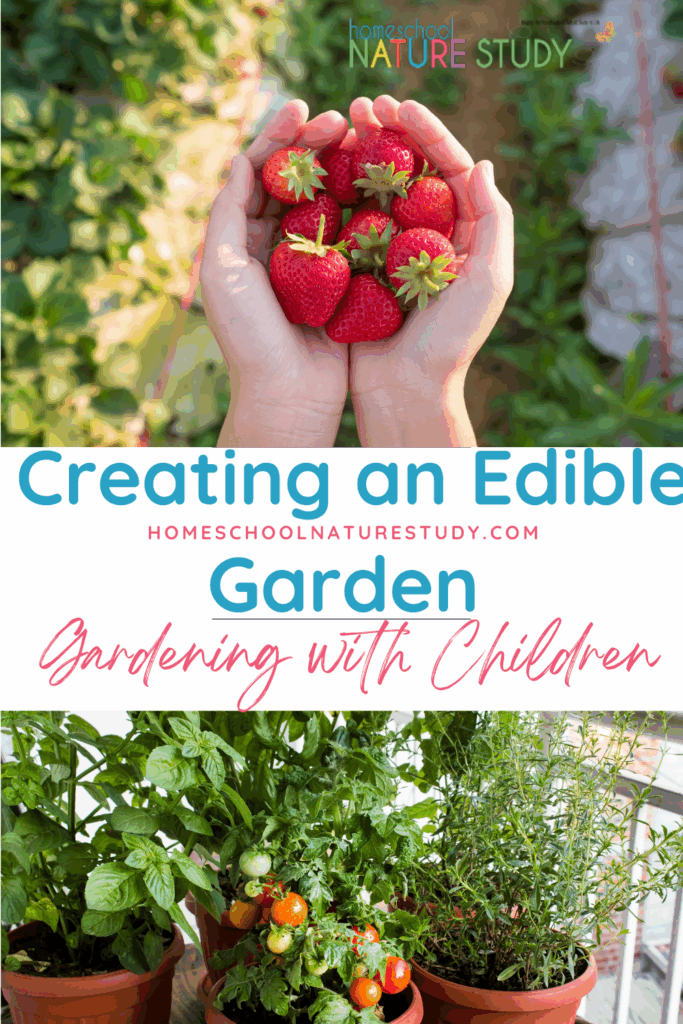
I think I forgot the sounds that come in open windows in the mornings and evenings. Winter requires the house to be shut up too much but with open windows I woke this morning to a an owl hooting in the neighbor’s tree.
“I’m awake! You Too!” he was calling.
What a great sound and it makes me wonder what all I have been missing closed up in the house for the winter.
This evening I am hearing crickets for the first time and the call of the tree frogs from across the street. It makes me happy to think we have reached the point where we can have open windows and doors to bring a little of nature back into our house. The mosquitoes are buzzing tonight too….found one in my bedroom and had to give him a swat. Now that I could do without.
We are busy working on weeding the garden walkways and preparing beds for seeds. This is a joyful, hopeful time. Our Garden and Garden Flowers Outdoor Hour Challenge courses include choosing and planting flower seeds and I thought our family might include that as part of our first challenge for the month of May. (With membership, you will have that challenge and corresponding notebook pages to go along with it.) There is much to learn about seeds as well.
Creating an Edible Garden: Gardening with Children
In the meantime, I thought I could share a little of the edibles in our garden landscaping. We try to mix edible plants with our flowers so we can harvest a little homegrown yummy-ness when the time comes. It also is such a treat to have a little handful of something each afternoon when we are outside…a couple of blueberries, a strawberry, or a grape popped in the mouth make even the fussiest of kids happier when they are helping to work in the garden. (You can read more of my tips for nature study and gardening with very young children).
The blueberry bushes really are not all that happy looking. They are all covered in fresh green leaves but I am needing to read up on what a blueberry needs to really get established. I seem to remember something about how they like a pine needle mulch.
Crop Plant: Growing Strawberries in Your Edible Garden
Mr. A’s strawberries are looking incredible and there are dozens of blossoms and little baby strawberries filling the box. These are an easy crop to get started and we purchased ever-bearing and June bearing plants so we will have a longer harvest. (There is a challenge for strawberries if you are interested.)
Pears Nature Study
We were very surprised to see so many blossoms on the pear tree this year. We had pruned it way back to keep it out of the neighbor’s yard and this seems to have been agreeable to the tree. We might get a dozen pears this year….well, we can hope for that.
Figs….does anyone really like figs? This tree was here when we moved in 25 years ago and we have tried to cut it down several times, just to have it grow back more lush than ever. We have finally come to grips with it and we share the fruits with those in our lives who enjoy them. The birds like them too so I guess it is worth the mess.
Crop Plant: Tomato Nature Study in Your Edible Garden
Tomato in a pot to cover the ugly stump….sounds like a good idea and if it doesn’t do well we can always move it. We also have seedless grapes planted there on the fence to shield the ugly propane tank from view when we are sitting on the back deck. They vines get so green and climb all over, producing little sweet bites to nibble when I am out in the back watering in the hot summer sun. (There is a challenge for tomatoes if you are interested.) Do you have a place for a tomato in a pot?
Bats Nature Study
Another reminder to us: Keep the back door closed in the evenings. This bat made its way INTO the house last week. The cat may have brought it inside but we aren’t entirely sure. We had a comedy act going on trying to get it to fly back outside. My boys ran and got the butterfly net and we were able to get him in the corner and inside the net.
He really calmed down and just hung in the net long enough for us to get a good look at him. We released him outside and he fly away so gracefully. (There is a challenge for bats if you are interested.)
We are ready to start doing some nature study and the boys have been discussing what subjects we will study for the month as part of the new format of the Outdoor Hour Challenge. Don’t forget you can pick from any of the topics: wildflowers, garden flowers, birds, and/or mammals. You can chose one from each category or stick with one topic and study four of them in a row. Please feel free to make the challenges work and build on interest you find with your children.
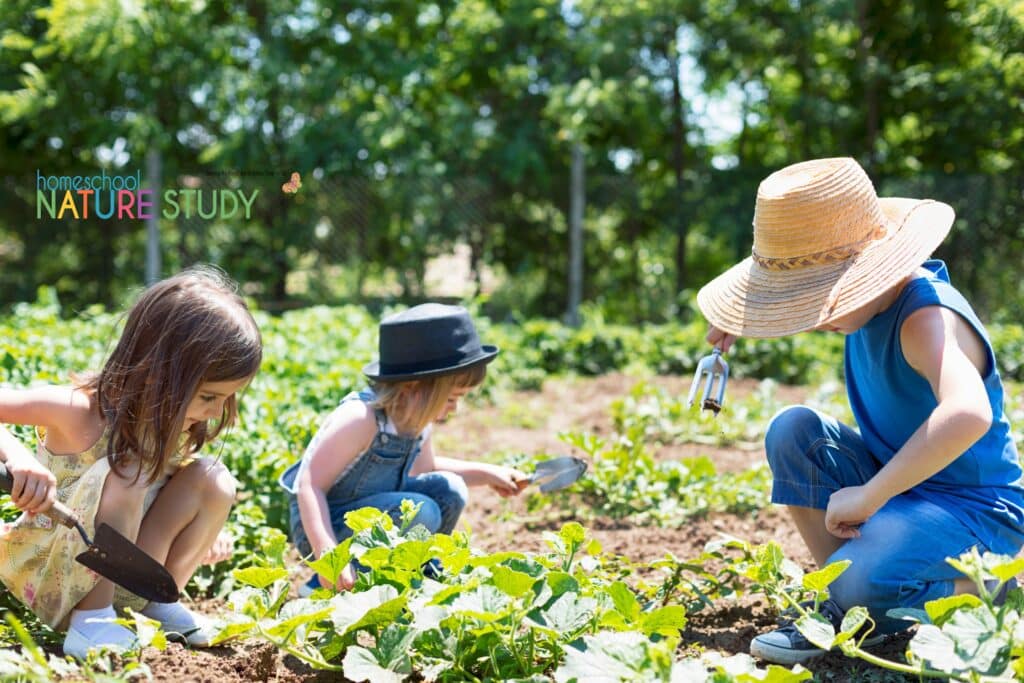
More Homeschool Garden Activities to Enjoy!
Homeschool Garden Activities for May Nature Studies – These homeschool garden activities are perfect for your May nature studies. Includes outdoor activities and gardening tips for kids.
Gardening Projects for Kids – Gardening Projects for Kids by Whitney Cohen and John Fisher is much more than a “how to” garden book. It is more than suggestions for getting started with gardening with your children. It is in fact a book that encourages a gardening way of life..spending lots of time with your children in the outdoors in your backyard working and playing together. I love this message found throughout the book.
100+ Ideas to Use in Creating a Backyard Habitat – Here are 100+ ideas to use in creating your backyard habitat! This list is for all of us to use in creating a backyard habitat designed to attract birds, bees, and butterflies. I’ve heard from so many of my readers that they think their backyard space is boring or nothing out of the ordinary.
How to Create a Winter Garden with Shelter for Wildlife – Here are a few of the ways we keep our yard as a wildlife habitat in winter. We have structured our garden to help encourage wildlife to visit all year long. Create a Winter Garden and add shelter for wildlife with these easy and effective resources and tips.
The Ultimate List of Garden and Wildflowers Nature Study with the Outdoor Hour Challenges – You can enjoy a simple garden and wildflowers homeschool nature study with these resources we have gathered for you to use in your own backyard. It is such a delight to study and learn about a garden and the beauty of wildflowers!
Planting a Rainbow Book Activities: Flower Craft and Nature Game – This book is a fun way to introduce children to gardening. Each page has vibrant illustrations of bulbs and flowers. Children can see how different plants and flowers come in all different colors—-all the colors of the rainbow.
How to Make a Wagon Garden – such a fun way to make container gardens around book themes!
Best Tips for Starting Seeds for a Flower Garden – Growing plants from seeds is easy! Here are the best tips for starting seeds for a flower garden. If you are new to gardening and need some tips, I will give you some step-by-step instructions.
Homeschool Nature Study Membership for Year Round Support
Can you believe all of these spring homeschool resources you will find in membership? You will also find a continuing homeschool nature study series plus all the Outdoor Hour Challenges for nature study in our Homeschool Nature Study membership. There are 25+ continuing courses with matching Outdoor Hour curriculum that will bring the Handbook of Nature Study to life in your homeschool! In addition, there is an interactive monthly calendar with daily nature study prompt – all at your fingertips!
We have quite a few new participants in the Outdoor Hour Challenges so I want to give a big welcome to everyone!
Be inspired. Be encouraged. Get outdoors!

Outdoor Hour Challenge by founder, Barbara McCoy, September 2009. Updated by Tricia April 2025. Tricia and her family fell in love with the Handbook of Nature Study and the accompanying Outdoor Hour Challenges early in their homeschooling. The simplicity and ease of the weekly outdoor hour challenges brought joy to their homeschool and opened their eyes to the world right out their own back door! She shares the art and heart of homeschooling at You ARE an ARTiST and Your Best Homeschool plus her favorite curricula at The Curriculum Choice. She and her husband, Steve, are also publishers of Unit Studies by Amanda Bennett.
Enjoy your week!
By Barb McCoy, May 2011








